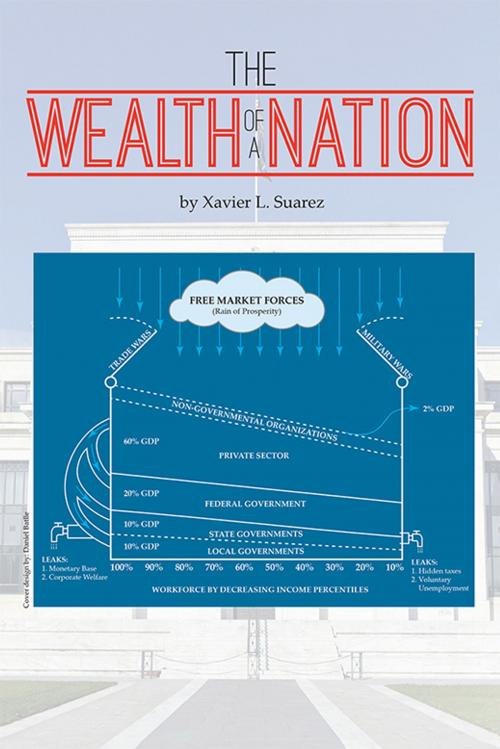The Wealth of a Nation
Business & Finance, Career Planning & Job Hunting, Careers, Nonfiction, Science & Nature, Science| Author: | Xavier L. Suarez | ISBN: | 9781496929815 |
| Publisher: | AuthorHouse | Publication: | September 13, 2014 |
| Imprint: | AuthorHouse | Language: | English |
| Author: | Xavier L. Suarez |
| ISBN: | 9781496929815 |
| Publisher: | AuthorHouse |
| Publication: | September 13, 2014 |
| Imprint: | AuthorHouse |
| Language: | English |
The Great Depression of 1929 was similar to the Great Recession of 2008, but not identical, either in its cause or its cure. This book explores the reasons why that is and suggests that the US economy has changed radically in the last half-centuryto the point that one must reanalyze the theories of the four great economists, with a view to synthesizing and applying their separate bits of wisdom into a compatible, modern diagnosis of recessions and prescription for curing and avoiding them. Buttressed on the brilliant reinterpretation of Keynes by Princetons Allan Meltzer, and on the writings of modern commentators and academics, the author weaves together a readable explanation of what nowadays passes for the liberal view and the conservative view. Numerous examples are given of specific industries and enterprises, of joint public-private projects, and of the interdependence between government and the free market. Vignettes and quotes are also offered of the great deeds, as well as the dismal failures of policies implemented by Teddy and Franklin Roosevelt, Ronald Reagan, Bush father and son, Jimmy Carter, Bill Clinton, and Barack Obama. In the end, a tantalizing fusion is achieved of the best elements of Keynesianism, monetarism, and free-market economics. And all the time, the level of discussion is reachable by all and interesting to all who have even a minimal interest in the history and politics of economic theory.
The Great Depression of 1929 was similar to the Great Recession of 2008, but not identical, either in its cause or its cure. This book explores the reasons why that is and suggests that the US economy has changed radically in the last half-centuryto the point that one must reanalyze the theories of the four great economists, with a view to synthesizing and applying their separate bits of wisdom into a compatible, modern diagnosis of recessions and prescription for curing and avoiding them. Buttressed on the brilliant reinterpretation of Keynes by Princetons Allan Meltzer, and on the writings of modern commentators and academics, the author weaves together a readable explanation of what nowadays passes for the liberal view and the conservative view. Numerous examples are given of specific industries and enterprises, of joint public-private projects, and of the interdependence between government and the free market. Vignettes and quotes are also offered of the great deeds, as well as the dismal failures of policies implemented by Teddy and Franklin Roosevelt, Ronald Reagan, Bush father and son, Jimmy Carter, Bill Clinton, and Barack Obama. In the end, a tantalizing fusion is achieved of the best elements of Keynesianism, monetarism, and free-market economics. And all the time, the level of discussion is reachable by all and interesting to all who have even a minimal interest in the history and politics of economic theory.















